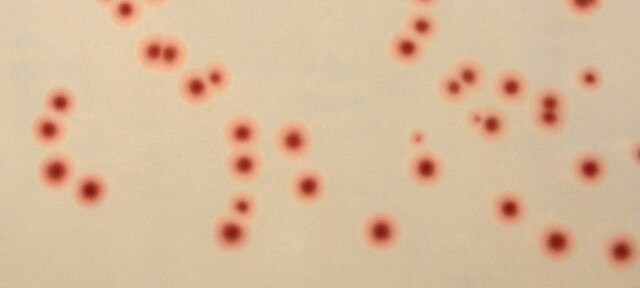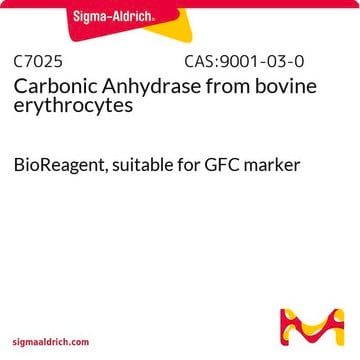21861
1,1′-Carbonyl-di-(1,2,4-triazole)
technical, ≥90% (T)
Synonym(s):
CDT
Sign Into View Organizational & Contract Pricing
All Photos(1)
About This Item
Empirical Formula (Hill Notation):
C5H4N6O
CAS Number:
Molecular Weight:
164.12
Beilstein:
10250
MDL number:
UNSPSC Code:
12352005
PubChem Substance ID:
NACRES:
NA.22
Recommended Products
grade
technical
Quality Level
Assay
≥90% (T)
form
powder
reaction suitability
reaction type: Carbonylations
mp
138-152 °C
application(s)
peptide synthesis
storage temp.
2-8°C
SMILES string
O=C(n1cncn1)n2cncn2
InChI
1S/C5H4N6O/c12-5(10-3-6-1-8-10)11-4-7-2-9-11/h1-4H
InChI key
YHNUDLCUIKMNSN-UHFFFAOYSA-N
Looking for similar products? Visit Product Comparison Guide
Other Notes
Reagent for preparing the reactive acyl triazolides from carboxylic acids; Reaction of unprotected glucose with acyl triazolide to the β-D-glucosyl ester; Dehydrating agent which reacts with H2O2 giving singlet oxygen, used e.g. for epoxidations
Signal Word
Danger
Hazard Statements
Precautionary Statements
Hazard Classifications
Acute Tox. 4 Oral - Eye Dam. 1 - Repr. 2
Storage Class Code
11 - Combustible Solids
WGK
WGK 3
Flash Point(F)
Not applicable
Flash Point(C)
Not applicable
Personal Protective Equipment
dust mask type N95 (US), Eyeshields, Gloves
Choose from one of the most recent versions:
Already Own This Product?
Find documentation for the products that you have recently purchased in the Document Library.
Customers Also Viewed
Javier Oltra-Cucarella et al.
Journal of the American Geriatrics Society, 66(7), 1360-1366 (2018-05-11)
To investigate the implications of obtaining one or more low scores on a battery of cognitive tests on diagnosing mild cognitive impairment (MCI). Observational longitudinal study. Alzheimer's Disease Neuroimaging Initiative. Normal controls (NC, n = 280) and participants with MCI
H.-P. Pfander et al.
Helvetica Chimica Acta, 63, 277-277 (1980)
Mirjam Larsen et al.
European journal of human genetics : EJHG, 23(6), 808-816 (2014-11-06)
Facioscapulohumeral muscular dystrophy (FSHD) is an autosomal dominant muscular disorder with a wide clinical variability. Contractions of the D4Z4 macrosatellite repeat on chromosome 4q35 are the molecular basis of the pathophysiology. Recently, in a subset of patients without D4Z4 repeat
G O Androga et al.
Anaerobe, 60, 102083-102083 (2019-08-05)
The relevance of large clostridial toxin-negative, binary toxin-producing (A-B-CDT+) Clostridium difficile strains in human infection is still controversial. In this study, we investigated putative virulence traits that may contribute to the role of A-B-CDT+C. difficile strains in idiopathic diarrhea. Phenotypic assays
J. Rebek et al.
The Journal of Organic Chemistry, 44, 1485-1485 (1979)
Our team of scientists has experience in all areas of research including Life Science, Material Science, Chemical Synthesis, Chromatography, Analytical and many others.
Contact Technical Service













